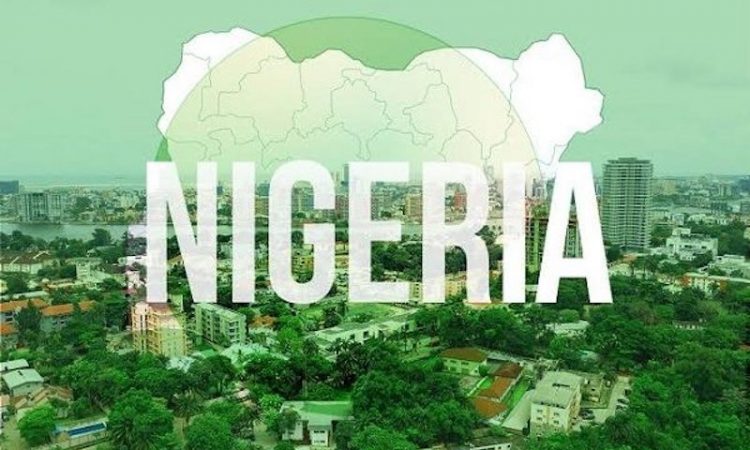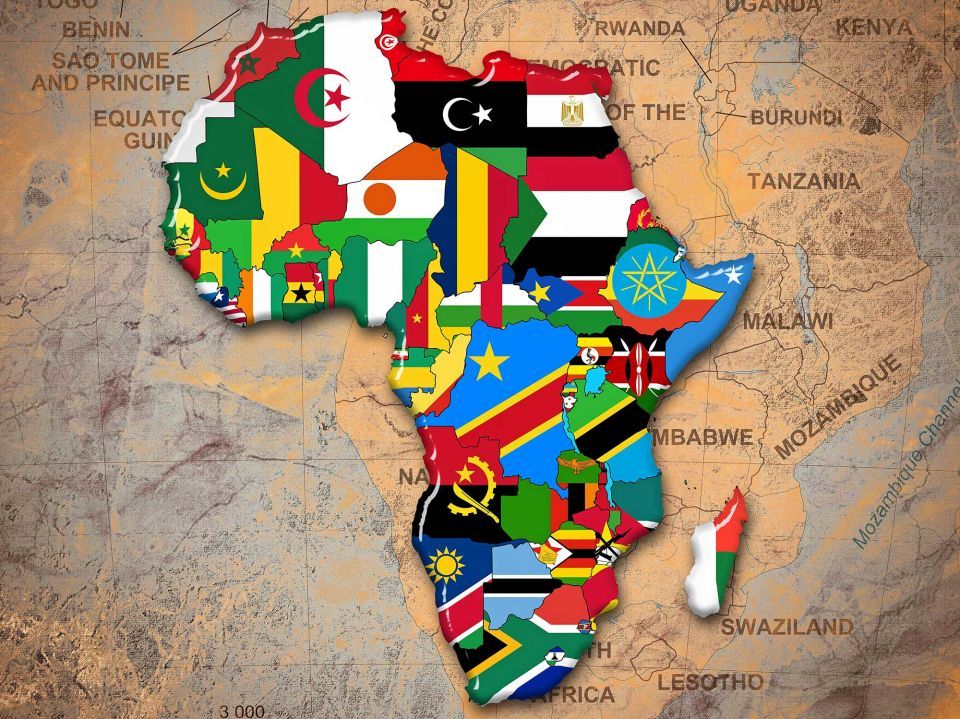
Nigeria drops to 14 as Egypt tops Africa’s investment destinations
This is according to a report by RMB titled, ‘Where to Invest in Africa 2021.’
According to RMB, a division of FirstRand Bank Limited, the ranking is based on countries operating environments.
RMB Africa Economist, Daniel Kavishe, said the pandemic ushered a new world and a new approach to this year’s list.Kavishe said, “We created a new set of rankings that incorporated some of the unavoidable COVID-19-induced challenges, of which the operating environment score was one.”
According to him, fiscal scores are important indicators of how governments respond to COVID-19.
He said, “The inclusion of a fiscal score in our rankings aimed to score governments’ fiscal positions and provided a basis from which investors can understand specific jurisdictions.“Although the pandemic brought devastation, it also enabled opportunities for reimagining policies and trade relationships. Increasingly clear now is that home-grown strategies to tackle poverty, inequality and unemployment across Africa must be implemented. If not, all of Africa suffers.”
According to him, capital will flow naturally to economies offering a good mix of opportunity and ease of doing business.
According to the company, the top 10 African countries to invest in are Egypt, Morocco, South Africa, Rwanda; Botswana, Ghana, Mauritius, Côte d’Ivoire, Kenya and Tanzania.

The company ranked Nigeria outside the top 10 at number 14.
The company said, “The sheer size of Nigeria’s economy and large population base has undoubtedly aided the country’s economic environment and has led to an increase in investments in the economy over the past 10 years.
“The country boasts significant hydrocarbon resources and considerable agricultural and mining potential. With fiscal support expected to increase and continue over the next few years, given both the coronavirus shock and oil price collapse, the economy is expected to grow but at a slow and steady pace.
“One of the key tenets for its development will be the efforts that have been made to support small and medium enterprises through monetary policy reform. This should support the country’s efforts as it continues its expansion into sectors such as information technology.”However, the company said Nigeria’s heavy reliance on oil is impacting its economy.
The company said, “Nigeria’s heavy reliance on oil means that the drop in oil prices and production generated by the OPEC+ agreement is strongly impacting the economy. COVID-19 came at a time when the economy was still rebalancing from the drop in oil prices during the 2014 to 2016 period.
“Therefore, a lower drop in reserves, tight liquidity and a weak currency can still be expected. The government, which has been criticised for its slow pace of reform, still faces a myriad of security challenges that destabilise the country, such as the activity of the Islamist terrorist group Boko Haram in the northeast, forcing many people to flee.”
In 2018 and 2019, Nigeria was ranked in the top 10 (eighth in both years).
Although the company added that the nation’s economy was constrained by a weak policy environment and dire infrastructure provision.
According to the company, Nigeria was ranked 13 in 2017, and ranked number six in 2016.
In 2014, Nigeria ranked as number two and dropped to number five in 2015.




